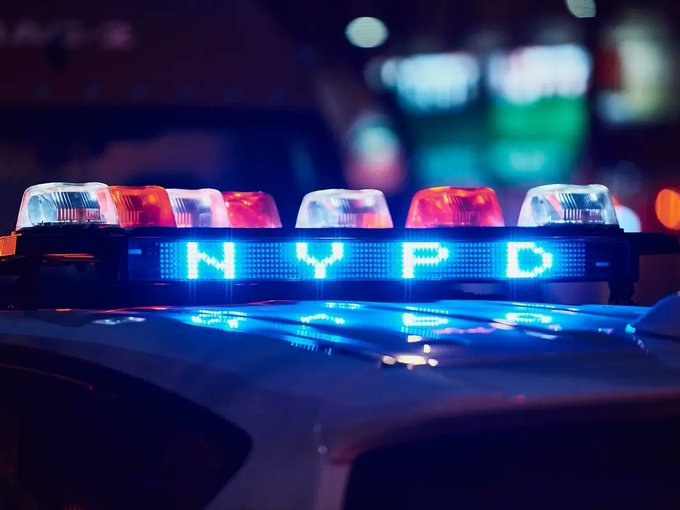MGM Music Hall – In an unexpected and controversial twist at the MGM Music Hall in Boston, the Bop to the Top Tour, known for its upbeat Disney classics and nostalgic pop hits, took a disturbing turn. During the concert, images of Luigi Mangione, the man accused of the brutal murder of healthcare CEO Brian Thompson, were prominently displayed on the massive jumbo screen. The inclusion of Mangione’s photos in what was expected to be a lighthearted musical event has ignited a wave of backlash and sparked heated debate across social media.
The reaction from the crowd was equally unsettling. As Mangione’s image flashed on the screen, cheers erupted from the audience, with many in the crowd appearing to celebrate the accused murderer. Some attendees were even seen rallying in support of Mangione, chanting for “justice” and voicing demands for the release of the man charged with Thompson’s violent death.
Mangione is currently facing charges for the highly publicized killing of Brian Thompson, an event that shocked the nation. The murder, which occurred on the streets of Manhattan, has garnered widespread media attention and public outrage. Thompson, a respected CEO in the healthcare industry, was known for his philanthropic efforts, making his death a devastating blow to the community. The crime is still fresh in the public’s mind, which has only intensified the outrage at Mangione’s unexpected celebration during the concert.
What has left many in disbelief is the concert organizers’ decision to include Mangione’s image in the show. The Bop to the Top Tour is known for being a nostalgic celebration of Disney-themed music and early 2000s pop hits. The concert is usually an escape for fans seeking lighthearted entertainment, yet this time, it veered sharply into controversial territory. Adding to the controversy, the organizers have since doubled down on their decision, with a spokesperson issuing a statement that has only fueled more anger. “We give the people what they want,” the statement read, offering no apology or remorse for the inflammatory moment. As of this writing, the organizers have not removed the content from their social media accounts, further fueling criticism.
Public reaction has been swift and fierce. Social media platforms exploded with condemnation, as thousands of users expressed shock and anger at the concert’s blatant insensitivity. Many have called the decision “tasteless” and “inappropriate,” accusing both the Bop to the Top team and MGM Music Hall of trivializing a tragic event. “This isn’t entertainment,” one outraged user wrote on Twitter. “It’s a disgrace.”
Critics argue that the concert organizers not only made a poor judgment call but also failed to consider the far-reaching implications of such an act. By presenting Mangione in a way that seemed to celebrate his notoriety, the event risked glorifying violence and undermining the gravity of Thompson’s murder. “What kind of message does this send?” asked a media commentator on a morning news show. “We have to hold these events accountable for what they choose to broadcast to the public, especially when it involves such a sensitive and ongoing case.”
As public outrage grows, many are demanding action from both Bop to the Top and MGM Music Hall. Several organizations and advocacy groups have called for a formal apology, while others have gone further, suggesting a boycott of future events. Questions are now being raised about how the entertainment industry handles sensitive issues and the role of audiences in perpetuating harmful narratives. The response of the concertgoers, some of whom actively celebrated Mangione, has left many questioning the broader societal implications of glamorizing such controversial figures.
The case of Luigi Mangione and the fallout from the Bop to the Top incident have spotlighted the need for greater sensitivity and responsibility in entertainment. As the story continues to develop, it serves as a stark reminder that while music and entertainment can bring people together, they also carry the power to divide when wielded without care. The concert’s organizers may have intended to give the audience what they wanted, but in the process, they’ve ignited a national conversation about accountability, morality, and the consequences of crossing ethical lines in the name of entertainment.
